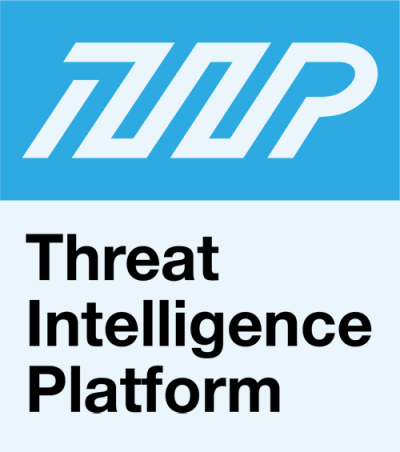


|
||
|
||
In the first half of 2019 alone, several data breaches have already exposed as many as 4.1 billion personal records. We’ve seen even industry giants and low-key players alike succumb to all kinds of data compromise. To date, the top 5 data breach victims of all time include Yahoo (3.5 billion records), the First American Financial Corp. (885 million records), Facebook (540 million records), Marriott International (500 million records), and Friend Finder Networks (412.2 million records).
It’s easy to see that the top data breach victims belong to different industries. What ties them all together is the fact that they have massive databases of personally identifiable information (PII) that any cybercriminal would love to get his hands on.
Should specific sectors be more concerned than others? If so, what organizations are in most need of better data protection and why?
Most Likely Data Breach Targets
According to a 2019 data breach investigations report, organizations in the following industries are most likely to end up as victims:
What Can Organizations Do?
Connectivity is no longer a premium service. Success today is defined by a company’s ability to offer not just the broadest range of services but also be the most accessible and convenient service provider. Unfortunately, achieving those goals can be detrimental if they do not sufficiently secure their networks against compromise.
Organizations need to protect not just against known but also unknown threats. A reactive defense that only allows them to address already-ongoing attacks is no longer acceptable. Instead, they need to mitigate risks by determining the likelihood that anyone who wishes to gain access to their network is an attacker.
One way of doing that is to keep tabs on all potential attack vectors. They need to know as much as they can about the threat landscape, which involves access to a comprehensive source of threat intelligence.
With the help of a threat intelligence platform users can also almost-instantly assess if a website is safe for their employees to access or not. This approach significantly reduces the risks that anyone in the company would fall for a phishing (or other) attack that can lead to a massive data breach.
* * *
So long as organizations fail to protect their networks, we’ll continue to see breaches unfold. Stopping threats from the source is critical. Only with the aid of comprehensive threat intelligence and security solutions can organizations truly realize proactive defense.
Sponsored byVerisign

Sponsored byVerisign

Sponsored byWhoisXML API

Sponsored byCSC

Sponsored byIPv4.Global

Sponsored byRadix

Sponsored byDNIB.com
